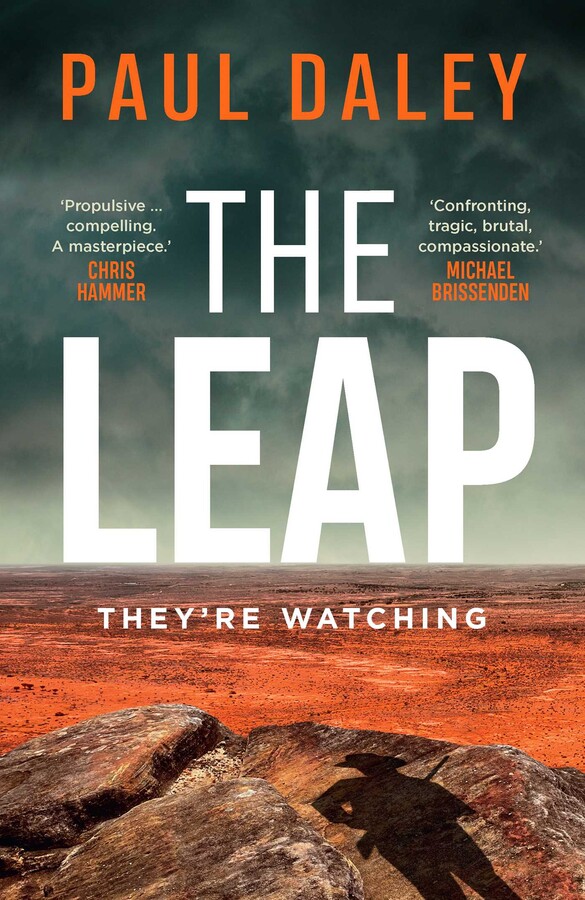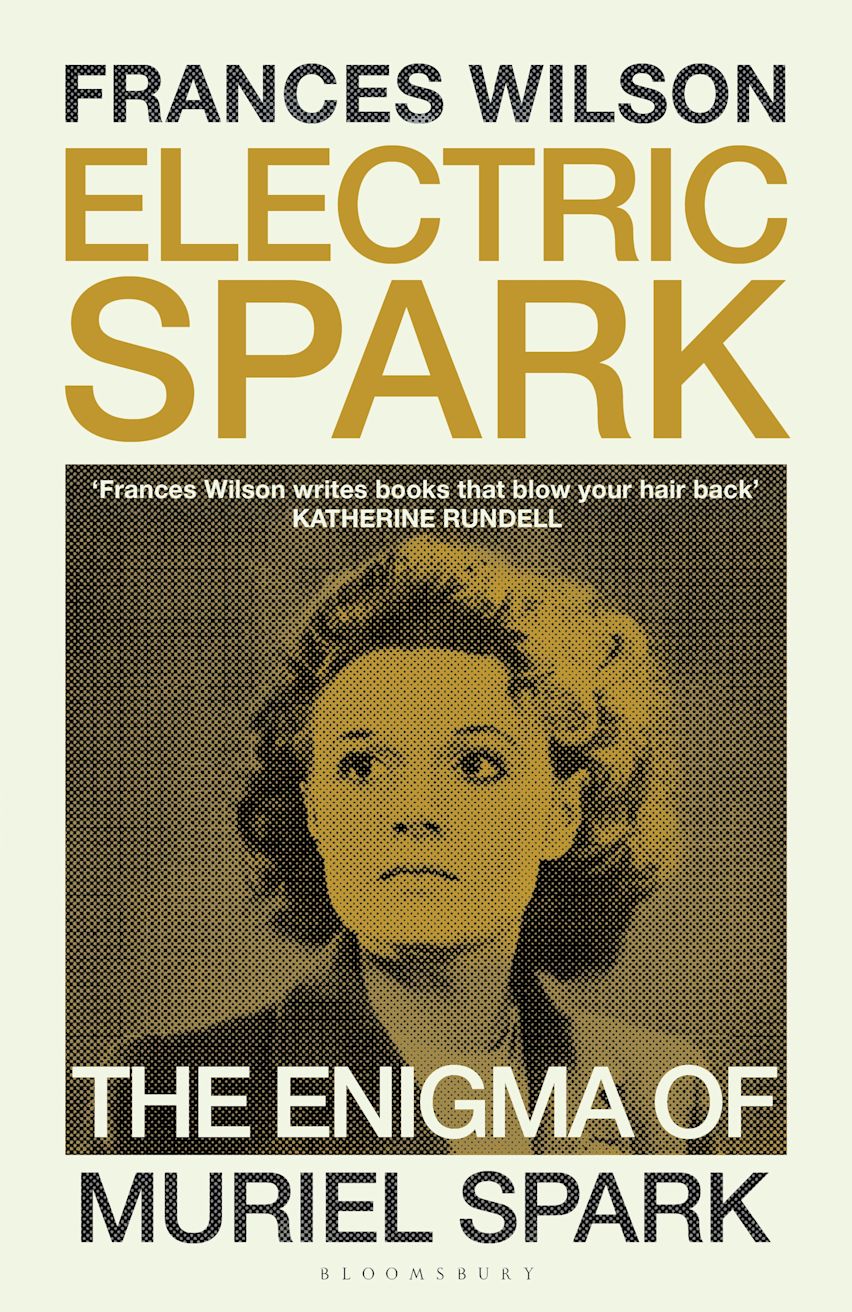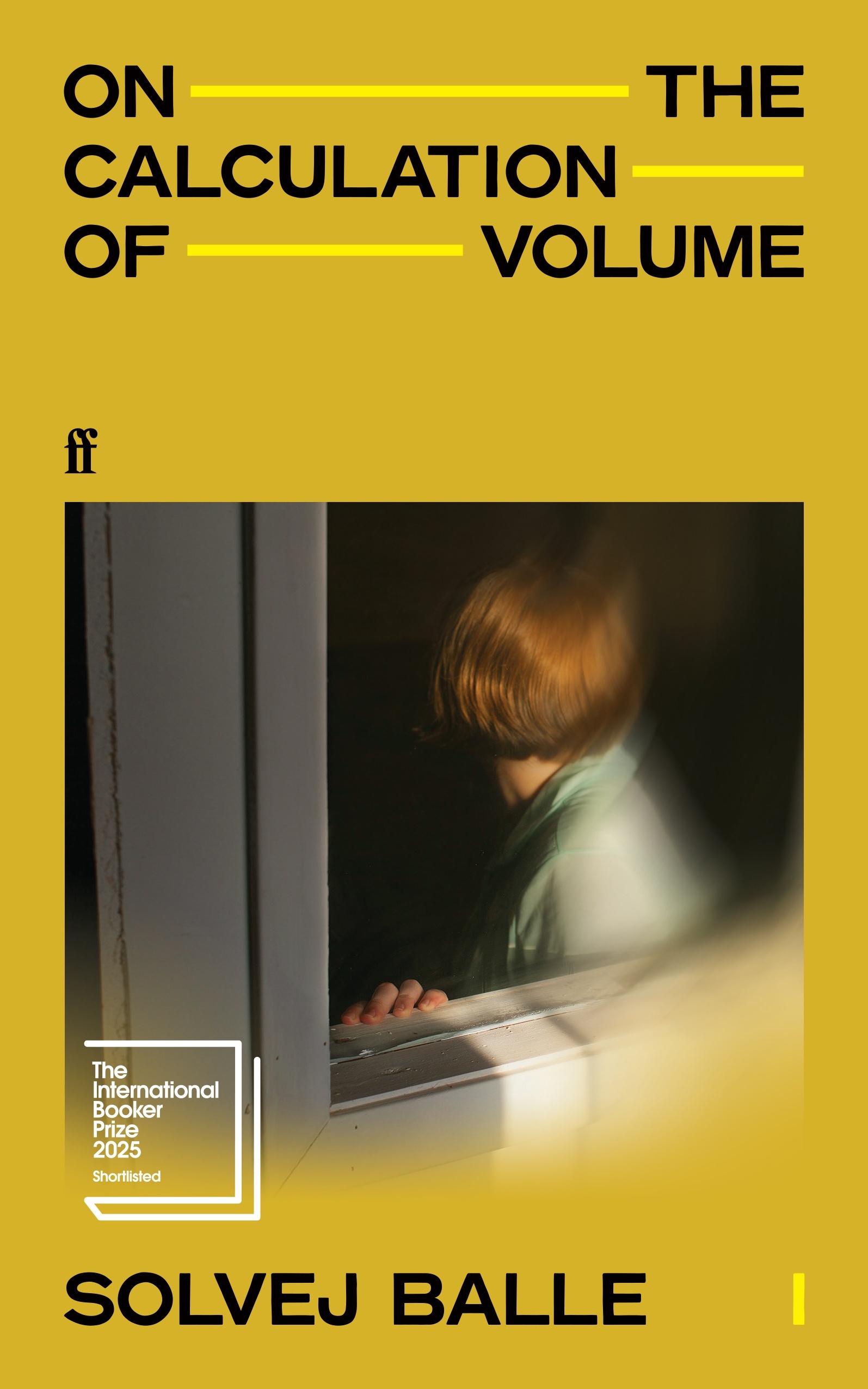Interview
Open Page with Cassandra Pybus
by Australian Book Review •
Cassandra Pybus is an independent scholar and the author of twelve books of non-fiction, published in Australia, the United States, Canada, and Britain. Her most recent book is Truganini: Journey through the apocalypse (Allen & Unwin).
Where are you happiest?
Walking through the bush behind my house in Lower Snug provides me with self-transcendence that is true joy. Steadily putting one foot in front of the other empties my mind of agitated, ego-driven narrative and fills it with an entirely different sense of purpose. Walking made me a writer.
Continue reading for only $10 per month. Subscribe and gain full access to Australian Book Review. Already a subscriber? Sign in. If you need assistance, feel free to contact us.










Leave a comment
If you are an ABR subscriber, you will need to sign in to post a comment.
If you have forgotten your sign in details, or if you receive an error message when trying to submit your comment, please email your comment (and the name of the article to which it relates) to ABR Comments. We will review your comment and, subject to approval, we will post it under your name.
Please note that all comments must be approved by ABR and comply with our Terms & Conditions.